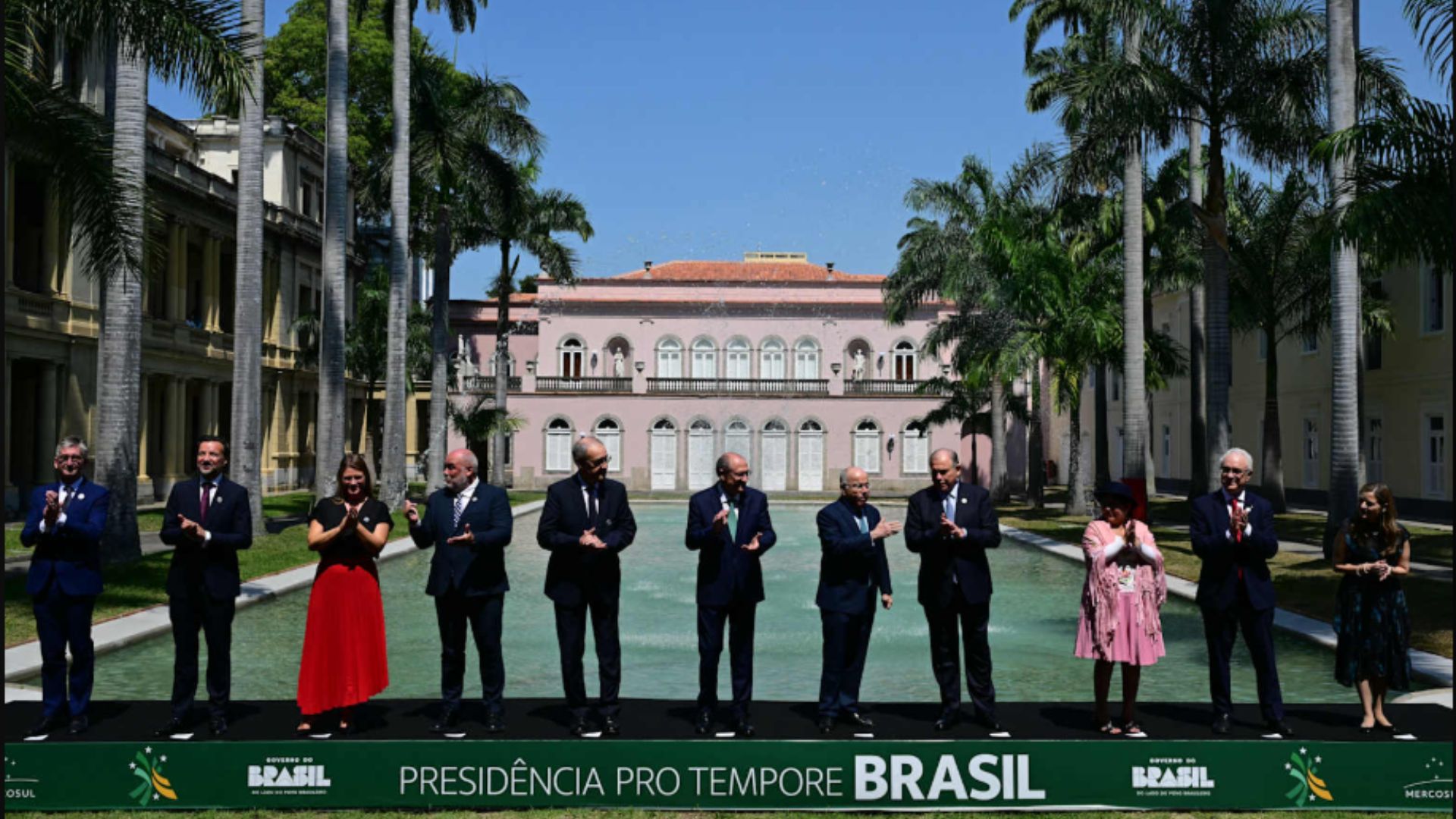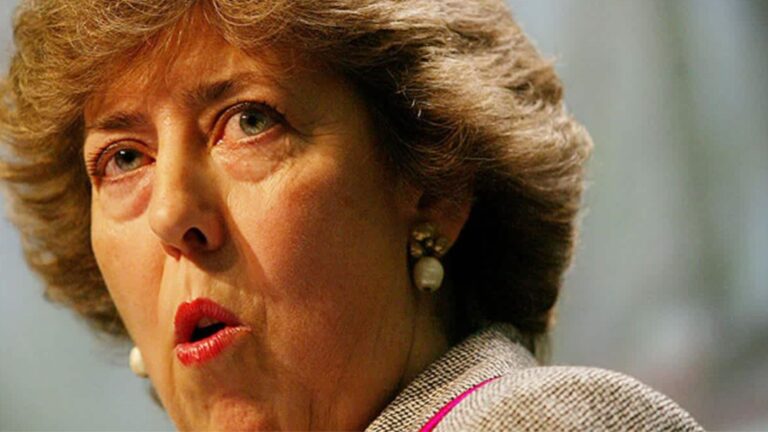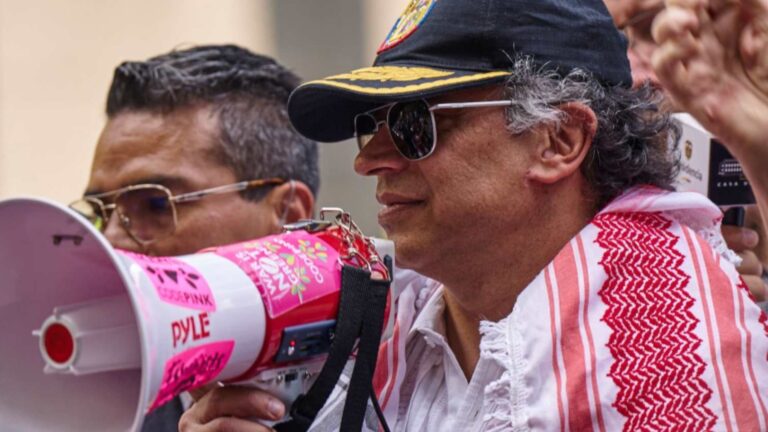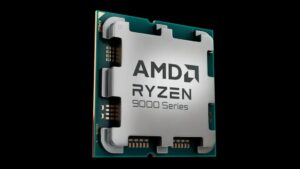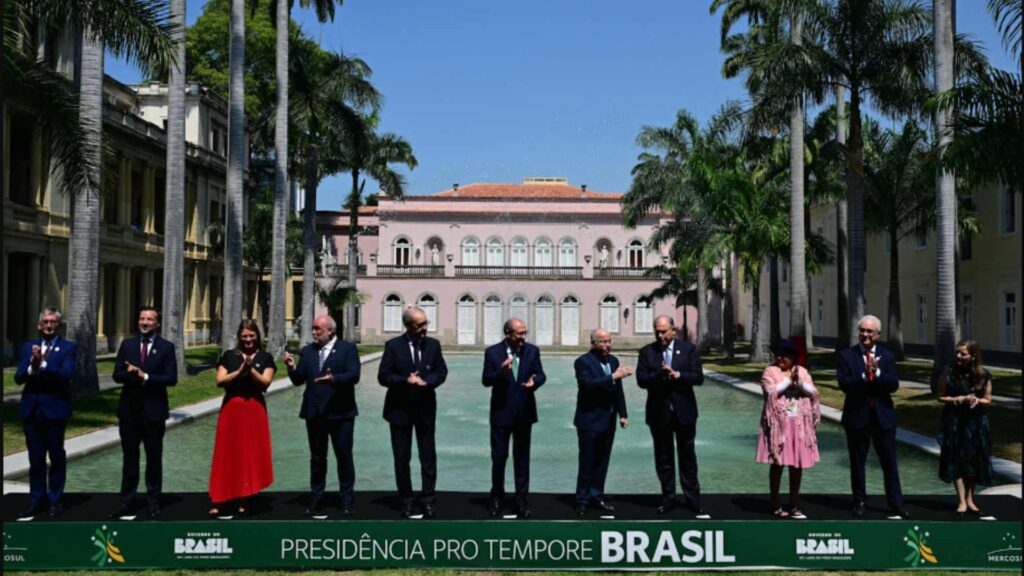
On September 16, Brazil formalized the Free Trade Agreement between Mercosur and the European Free Trade Association (EFTA)—comprising Switzerland, Norway, Iceland and Liechtenstein—during a ceremony in Rio de Janeiro attended by Vice President Geraldo Alckmin and Foreign Minister Mauro Vieira (Ministry of Foreign Affairs). The deal establishes a tariff-free zone encompassing nearly 300 million people and a combined GDP exceeding US$4.3 trillion, granting Brazil duty-free access for practically 99 percent of its exports to EFTA markets while EFTA will eliminate import duties on Brazilian industrial and fishery goods.
Major Economic Gains Anticipated
A study by Brazil’s Ministry of Economy projects that by 2044 the treaty could boost Brazil’s GDP by R$2.69 billion, draw R$660 million in new foreign direct investment, and lift exports by R$3.34 billion (UOL Economia). The National Confederation of Industry (CNI) has identified over 700 potential export sectors for EFTA nations, which already rank as Brazil’s third-largest services trading partner.
Vice President Alckmin highlighted that adding EFTA, the European Union and Singapore deals will raise Brazil’s preferential trade flows by 152 percent—from US$73.1 billion to US$184.5 billion—promoting production-chain integration and climate-change collaboration with countries of the world’s highest per-capita incomes.
Geopolitical Context and Market Diversification
The signing arrives against the backdrop of trade tensions with the United States over 50 percent tariffs on Brazilian goods. Asked if EFTA access offsets U.S. barriers, Vice President Alckmin cautioned that “it’s not that simple,” but stressed the strategic value of diversifying export markets (InfoMoney). He noted that ongoing talks on Mercosur-UAE and potential tariff expansions with Mexico, as well as an October India visit and an expected Mercosur-EU agreement later this year, further broaden Brazil’s commercial reach.
Negotiation Journey and Next Steps
Negotiations between Mercosur and EFTA began in June 2017 and concluded after 14 rounds, including three in-person sessions in Buenos Aires in 2025 complemented by virtual meetings. The text must now be ratified by the national parliaments of Mercosur and each EFTA member before it can enter into force. Foreign Minister Vieira described the pact as “historic” and “strategic,” underscoring its role in securing Brazil’s place in high-income markets.
Sectoral Highlights and Implementation
Key beneficiaries include Brazil’s machinery, automotive components, pharmaceuticals and fish-product industries, which will gain immediate duty relief. EFTA countries will see tariff removal on their cheese, chocolate, watches and precision-instrument exports to Mercosur. Technical-barrier provisions cover sanitary standards and mutual recognition protocols, ensuring that goods meet health and safety requirements without prohibitive conformity costs.
Implementation committees will convene within six months to establish rules of origin, dispute-settlement mechanisms and schedules for phased tariff elimination on sensitive agricultural products. Brazilian exporters are advised to register with the Federal Revenue Service to secure preferential treatment upon provisional implementation, pending full ratification.
This landmark agreement cements a new chapter in Mercosur’s external trade policy, leveraging complementary economic strengths to drive sustainable growth, enhance competitiveness and deepen diplomatic ties between South America and the heart of Europe’s innovation hubs.




